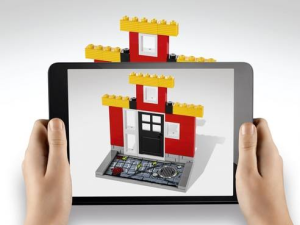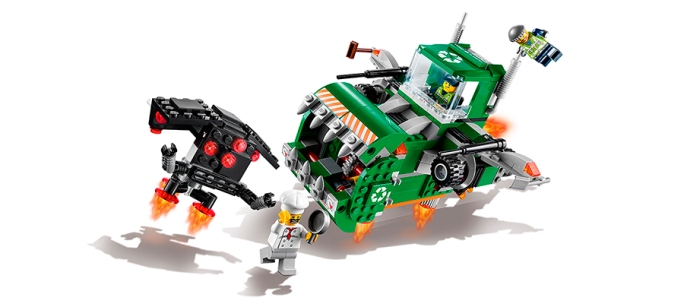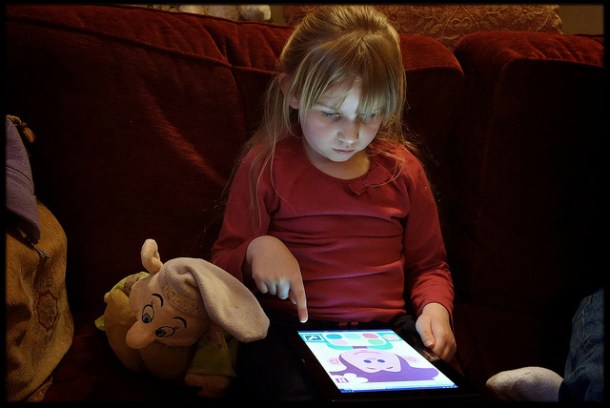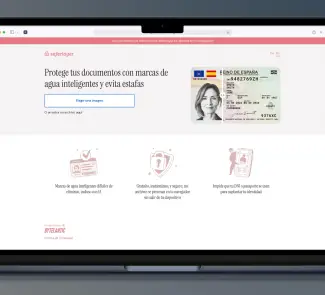Lego's digital toys are based on the company's physical products, which kids (and adults) can use to develop digital constructions.
One of the biggest concerns of toy companies these days is how to attract the attention of kids more than smartphones and tablets. The magnetism of these devices, with a variety of games that covers all ages, is not only cutting into the market for video-game consoles. More traditional toys are also being affected by the omnipresence of the digital world and their manufacturers have to innovate if they want to stay on top of the wave. Lego is a good example of the renewal that the toy industry seeks.
The success of “The Lego Movie”, which was a box-office smash in the US and was unanimously praised by critics, has brought the well-known Danish toy brand back into the minds of many. This promotional effort will be accompanied by the launch of a new line of products called The Lego Fusion.
 The name accurately summarises the essence of these new toys. The kids still have to build their constructions piece by piece, and up to that point everything’s the same. But after you build the structure, you place it on a platform, and take a picture of it with a smartphone or tablet (iOS or Android). This imports the physical creation into the digital world and a free downloadable game is created around it.
The name accurately summarises the essence of these new toys. The kids still have to build their constructions piece by piece, and up to that point everything’s the same. But after you build the structure, you place it on a platform, and take a picture of it with a smartphone or tablet (iOS or Android). This imports the physical creation into the digital world and a free downloadable game is created around it.
The idea, to put it one way, is to bring to life the physical structures that were built with so much effort. One of the games will be based on the facades of houses, which will be transformed in the digital world into a small city inhabited by Lego figures, and in another, the construction of a Medieval tower will be become an adventure to defend the creation against flying monsters.
It’s a way of extending the fun into the digital world once the greater challenge offered by Lego in the physical world has been completed. Lego’s digital toys will go on sale in the US starting in August. The boxes will cost 35 dollars and will be sold with 200 pieces and a special platform on which to assemble them. For now, they will be available only in the US, which is a large market that is well-suited to test a new development like this one.
The idea is to grab kids’ attention, not so much to keep them from moving towards games on smartphones and tablets (since this is already a given), but rather to help the brand make space for itself in this market and create a direct bridge to its traditional business, the sale of physical pieces.
Lego’s digital toys aren’t the only ground-breaking strategy in the toy industry. A few months ago, Hasbro signed an agreement with 3D Systems to allow some of its products to be printed in 3D at home, and games aimed at teaching kids how to program are becoming more and more numerous.
Images: Lego and Paul of Congleton










